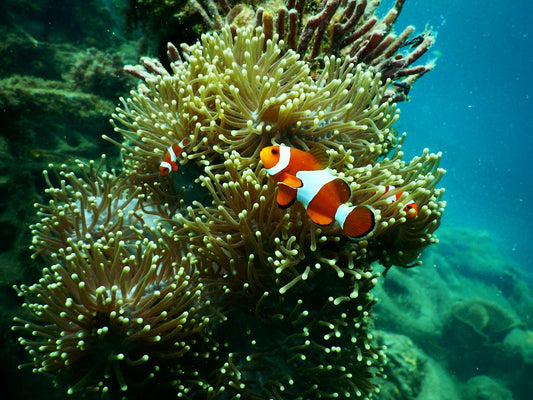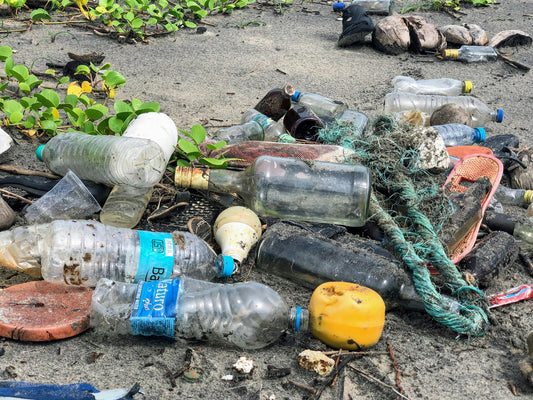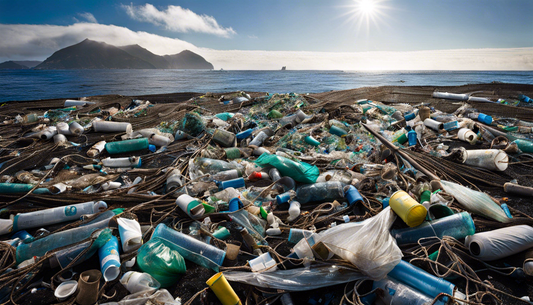Share
The Richest: Exporters of Extinction:
Just like the fashionistas setting trends worldwide, it seems the world's wealthiest nations are also inadvertently setting a trend, albeit a catastrophic one. A new study reveals that these nations, including the US and UK, are "exporting extinction" by causing 15 times more international biodiversity destruction than within their borders. Now that's a trend no one would want to flaunt.
Forest Loss: A Costly Import:
The study examined the impacts of affluent countries' demands for certain commodities on biodiversity hotspots worldwide. Fancy beef steak for dinner or a cozy timber-deck for your backyard? Such demands are destroying wildlife habitats predominantly in tropical forest countries. The study concluded that high-income countries led to a 13% loss of global forest habitats outside their own territories. Surprisingly, 3% of global non-US forest habitat destruction was solely the courageous (or dubious) achievement of good ol' US of A.
Who's Who in the World of Destruction:
The hall of fame (or is it shame?) in this study included prominent names like the US, Germany, France, Japan, China and the UK. "By importing food and timber, these developed nations are essentially exporting extinction," says Prof. David Wilcove from Princeton University - now that's food, or rather timber, for thought.
Biodiversity Leakage and the Farmland Paradox:
In a twist, another study found that restoring typical UK cropland for nature might be doing more harm than good for global biodiversity. This could mean that creating new nature reserves causes a sharper decline in biodiversity worldwide. "Areas of much greater importance for nature are likely to pay the price for conservation efforts in wealthy nations unless we fix this leak," warns Prof. Andrew Balmford from the University of Cambridge.
Conservation and Cooperation:
Not all hope is lost, though! The authors suggest that conservation efforts should target biodiversity-rich areas and promote lesser-demand commodities like beef. Also, cooperation between conservationists and farmers could sow seeds of positive change. Keep an eye out for forest-friendly chocolate or herding practices protecting snow leopards in the future! All in all, it showcases the complex and intertwined impacts of our consumption on Mother Earth, triggering the need to rethink our choices. The buck stops here, literally!
We hope you enjoyed this article. Please feel free to leave a comment below if you want to engage in the discussion.
If you want to read more like this, make sure to check out our Blog and follow us on Instagram. If you are interested in truly sustainable products, check out our Shop.
Check out the original source here.








